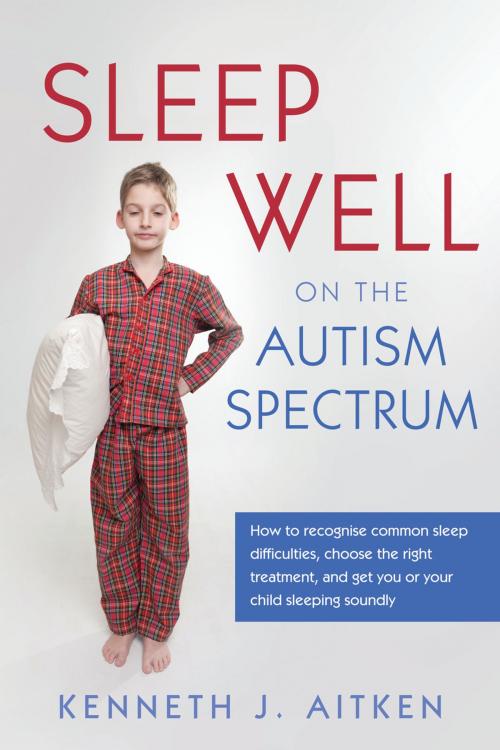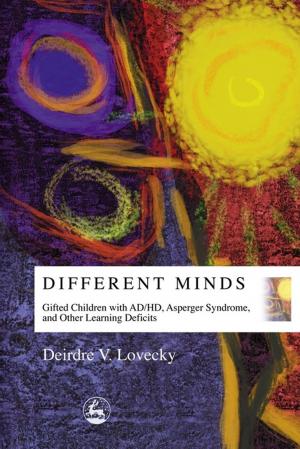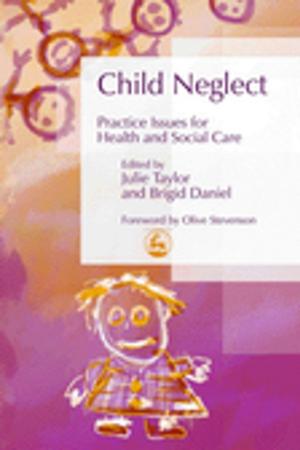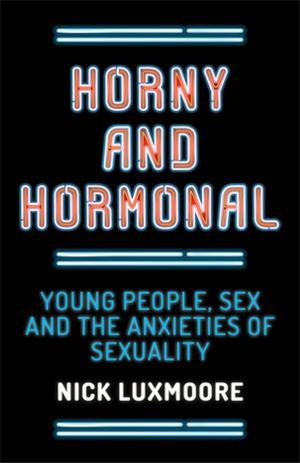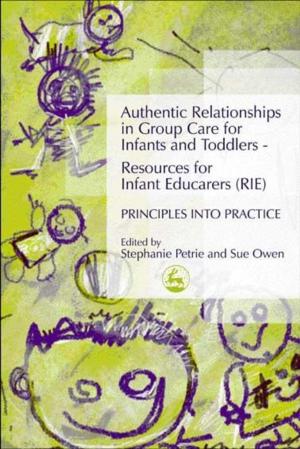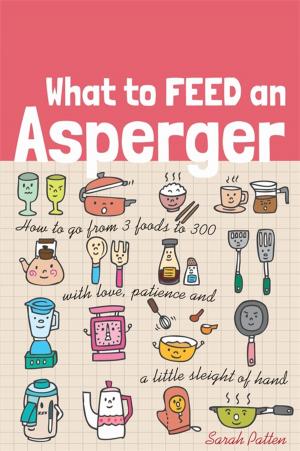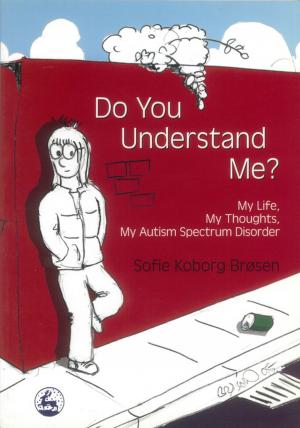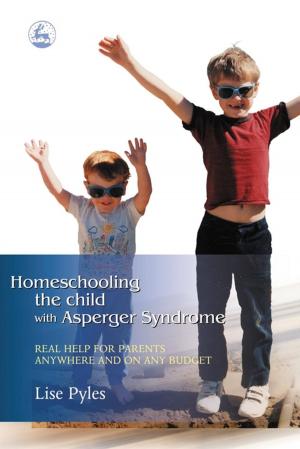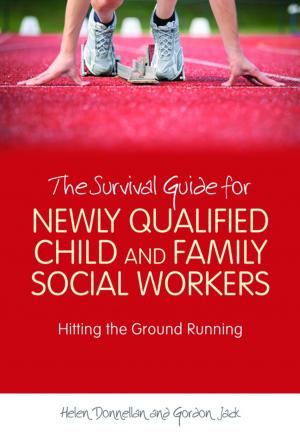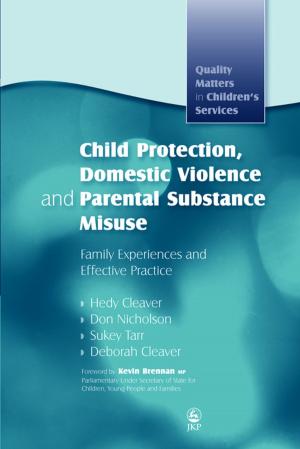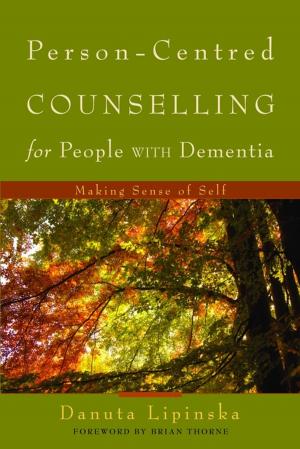Sleep Well on the Autism Spectrum
How to recognise common sleep difficulties, choose the right treatment, and get you or your child sleeping soundly
Nonfiction, Health & Well Being, Medical, Psychology, Family & Relationships| Author: | Kenneth Aitken | ISBN: | 9780857006684 |
| Publisher: | Jessica Kingsley Publishers | Publication: | February 21, 2014 |
| Imprint: | Jessica Kingsley Publishers | Language: | English |
| Author: | Kenneth Aitken |
| ISBN: | 9780857006684 |
| Publisher: | Jessica Kingsley Publishers |
| Publication: | February 21, 2014 |
| Imprint: | Jessica Kingsley Publishers |
| Language: | English |
Why are sleep disorders more common in individuals with autism spectrum disorders (ASDs), and how can parents recognise the signs and symptoms? Which treatments are most effective, how easy are they to implement and how successful can they be?
Full of helpful information and practical advice, this comprehensive guide introduces the most common sleep issues in children with ASDs, describing both mainstream and complementary options for treatment, what is involved and the outcomes that can be expected. The author describes common underlying conditions that might lead to sleep difficulties, including genetic conditions, diet and physical factors, explaining how parents can identify these. Various issues that can affect sleep are explored, including night terrors, teeth grinding, bedwetting and sleepwalking, and practical solutions are given.
This is essential reading for parents of children and teenagers on the autism spectrum who have difficulties associated with sleeping, and will also be of great help to all individuals with ASDs who experience sleep problems.
Why are sleep disorders more common in individuals with autism spectrum disorders (ASDs), and how can parents recognise the signs and symptoms? Which treatments are most effective, how easy are they to implement and how successful can they be?
Full of helpful information and practical advice, this comprehensive guide introduces the most common sleep issues in children with ASDs, describing both mainstream and complementary options for treatment, what is involved and the outcomes that can be expected. The author describes common underlying conditions that might lead to sleep difficulties, including genetic conditions, diet and physical factors, explaining how parents can identify these. Various issues that can affect sleep are explored, including night terrors, teeth grinding, bedwetting and sleepwalking, and practical solutions are given.
This is essential reading for parents of children and teenagers on the autism spectrum who have difficulties associated with sleeping, and will also be of great help to all individuals with ASDs who experience sleep problems.
